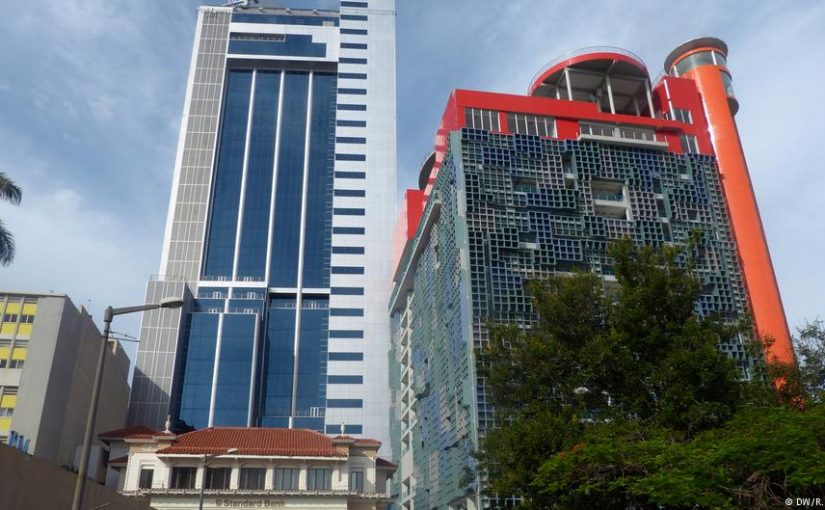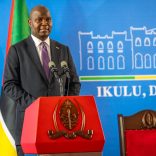Mozambique: Community management of natural resources 'increasingly important' to mitigate climate ...
Bank of Mozambique cuts interest rates

File photo: DW
The Monetary Policy Committee of the Bank of Mozambique on Thursday announced that, because inflation is under control, it is reducing the bank’s interest rates by 75 base points.
Thus the Interbank Money Market Rate (MIMO), used by the central bank for its interventions on the interbank money market to regulate liquidity, falls from 15 to 14.25 per cent.
The Standing Lending Facility (the interest rate paid by the commercial banks to the central bank for money borrowed on the Interbank Money Market) falls from 18 to 17.25 per cent, while the Standing Deposit Facility (the rate paid by the central bank to the commercial banks on money they deposit with it) falls from 12 to 11.25 per cent.
The Compulsory Reserves Coefficient – the amount of money that the commercial banks must deposit with the Bank of Mozambique –remains unchanged at 14 per cent for local currency and 27 per cent for foreign currency.
A release from the Monetary Policy Committee noted that inflation is continuing to slow down. In November, annual inflation was only 4.27 per cent. The low inflation rate was basically due to food and fuel prices not rising by anywhere near as much as once feared.
The Mozambican currency, the metical, has also remained fairly stable. Since the previous meeting of the committee, on 22 October, the metical underwent a slight depreciation against both the US dollar and the South African rand.
The average exchange rate practised by the commercial banks rose from 60.61 to 61.48 meticais to the dollar between the end of October and 12 December. Over the same period, the rate against the South African currency rose from 4.18 to 4.31 meticais to the rand.
The country’s net international reserves remained “at comfortable levels”, said the release. Since the October meeting of the Committee the reserves had increased by 70.8 million dollars, and, at the end of November, stood at 3.130 billion dollars – enough to cover seven months of imports of goods and non-factor services, excluding the transactions of the foreign investment megaprojects.
The release warns that the government’s domestic indebtedness continues to grow. In November the public debt resulting from the issuing of high interest bearing treasury bills and bonds plus advances to the government from the central bank rose by 3.759 billion meticais (about 61.5 million dollars). The total domestic debt now stands at slightly more than 112 billion meticais (equivalent to 12.8 per cent of Mozambique’s GDP).
There were also fears of a slowdown in international economic activity caused partly by the trade war between the US and China.
Nonetheless, the current conditions of the Mozambican economy allowed continuing projections of low and stable inflation, well below 10 per cent, and hence the Committee had decided that it could afford to cut the central bank’s interest rates.













Leave a Reply
Be the First to Comment!
You must be logged in to post a comment.
You must be logged in to post a comment.